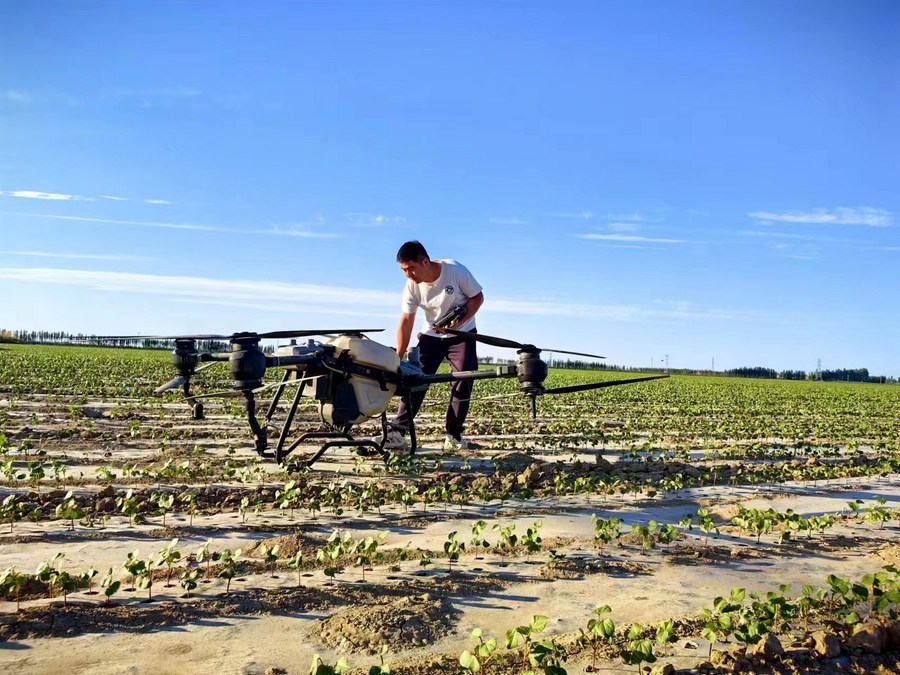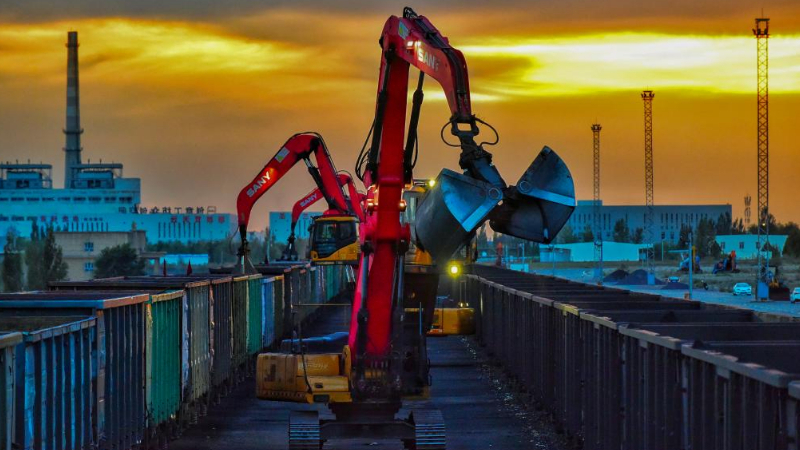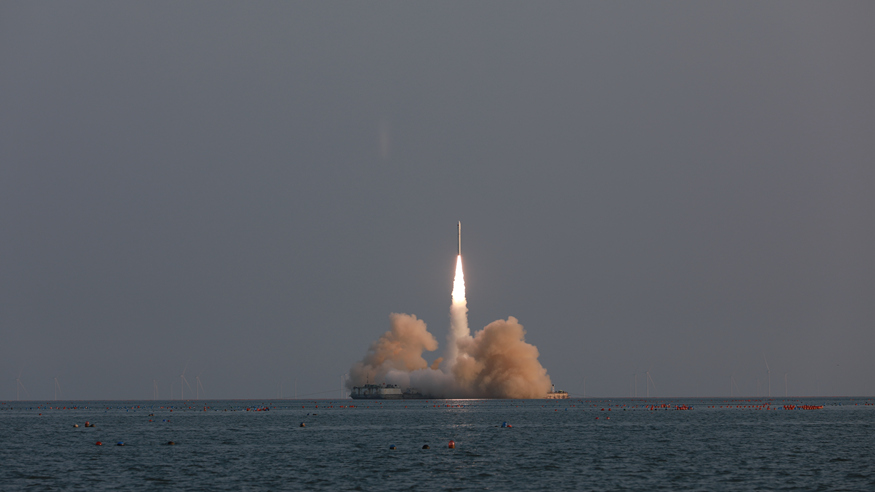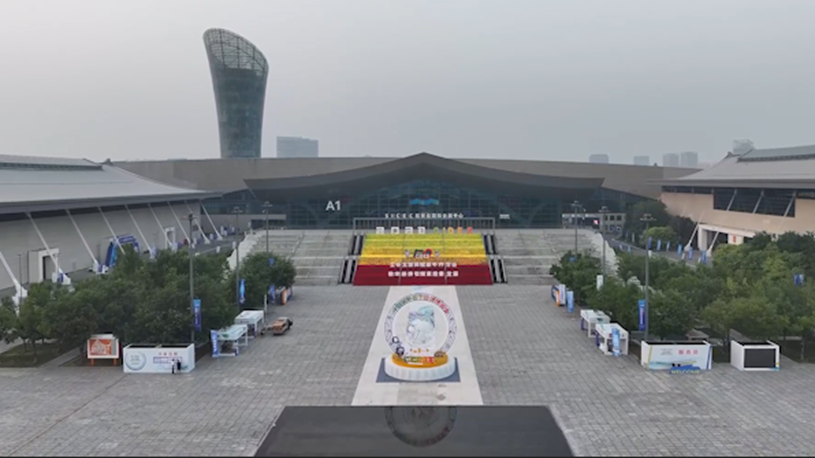
Yang Haoran checks a drone in a cotton field in Shawan City, northwest China's Xinjiang Uygur Autonomous Region, May 31, 2023. (Xinhua)
URUMQI, Sept. 8 (Xinhua) -- On a farm in northwest China's Xinjiang Uygur Autonomous Region, water from the Tarim River flows through a canal into a pump house, before being distributed to the roots of the crops by a pressurized irrigation system.
A new technology in the irrigation system, known as the "smart ball valve," has effectively resolved the challenge of manual operation during the water retrieval process.
"A simple click on a smartphone connected to the network will activate the smart ball valve," said Zheng Zhengcheng, the chief consultant of Qingshuihe Farm, located in Heshuo County in Xinjiang.
Based on the required water quantity, the valves can be adjusted to various capacity levels, ranging from 40 to 100 percent, added Zheng.
Compared to traditional mechanical wells, this irrigation system can save approximately 28 percent of water, about 30 percent of fertilizer, and reduce irrigation time by almost half.
Across millions of hectares of farmland in the Tarim River basin, new technologies have been applied to agricultural production, reducing the workload of farmers, conserving water, and improving efficiency.
"My wife and I used to manage over 40 mu (about 2.7 hectares) of land, and it consumed a significant amount of water each year," said Ehmet Hemdul, a worker at Qingshuihe Farm.
Thanks to new irrigation system, the couple now manages a plot of land 10 times larger, with average water usage cut by more than half.
In Weili County, also located in the Tarim River basin, soil moisture meters have been widely installed in cotton fields to inform farmers when irrigation is necessary.
"The device can monitor soil moisture and temperature, assisting us in making irrigation decisions throughout the cotton management process," said Ai Haipeng, the manager of a pilot program called "super cotton field," which employs a high level of autonomous technology.
During the summer, with the rise in the water level of the Tarim River, workers have increased the intensity of patrols using unmanned aerial vehicles to ensure the safety of the power supply along the river.
"We have formed several drone inspection teams to conduct specialized patrols on both sides of the Tarim River," said Wang Zhiliang, a drone operator with the power supply company in Aksu Prefecture, under the State Grid.
Drone patrols not only significantly enhance work efficiency but also effectively ensure the safety of the workers, added Wang. ■












